Denial and the Defense of Truth
Among the projects currently on display at the International Architecture Exhibition in Venice is an installation entitled The Evidence Room. It features a collection of whitewashed, industrial-looking objects, including a tall, rectilinear wire mesh column that extends from the floor to the ceiling. Designed by a team of artists organized by the architectural historian Robert Jan van Pelt, the column is a reproduction of one of four such structures that delivered Zyklon B—and agonizing death—to thousands of Jews in the gas chamber of Crematorium II at Auschwitz-Birkenau in the years 1943 and 1944.
More than one million visitors tour the remains of Auschwitz every year, most of whom eventually come upon Crematorium I, the first structure at the camp used for the gassing and burning of human beings. Like the wire mesh column in Venice, however, Crematorium I is also a reproduction. After being used to murder thousands of Jews in the years 1941–1943, it was repurposed by the SS into an air raid shelter, at which point its furnaces and chimney were removed. In 1947, the furnaces and chimney were restored by the Polish government as part of its effort to turn the camp into a public museum.
Neither the gas chamber in Venice nor the crematorium at Auschwitz I are original artifacts, but no serious observer doubts that they represent historical reality. By contrast, the notorious British historian and Holocaust denier David Irving has called the crematorium at Auschwitz I an outright “fake.” According to Irving, no Jew was ever killed in Auschwitz’s gas chambers because they never existed. Instead, the idea of Nazi gas chambers was part of an elaborate hoax invented by Allied propaganda and exploited by Jews after the war to bilk Germany of billions of dollars and enrich the State of Israel. Irving was not alone in making such fraudulent claims, many of which had been advanced earlier by his fellow pseudo-historians Ernst Zündel, Robert Faurisson, and Arthur Butz. But Irving boldly sought to bring the movement of Holocaust denial into the mainstream by pursuing a risky new strategy. Instead of advancing his agenda through obscure publications, he did so through aggressive litigation.
In the fall of 1996, Irving brought a libel suit against Emory University Jewish studies professor Deborah Lipstadt in Great Britain. At the core of the suit was the claim that Lipstadt had unfairly accused Irving in her 1993 book Denying the Holocaust: The Growing Assault on Truth and Memory of having manipulated “historical evidence [. . .] until it conforms with his ideological leanings and political agenda.” Arguing that the attack had ruined his reputation and threatened his livelihood, Irving demanded his day in court.
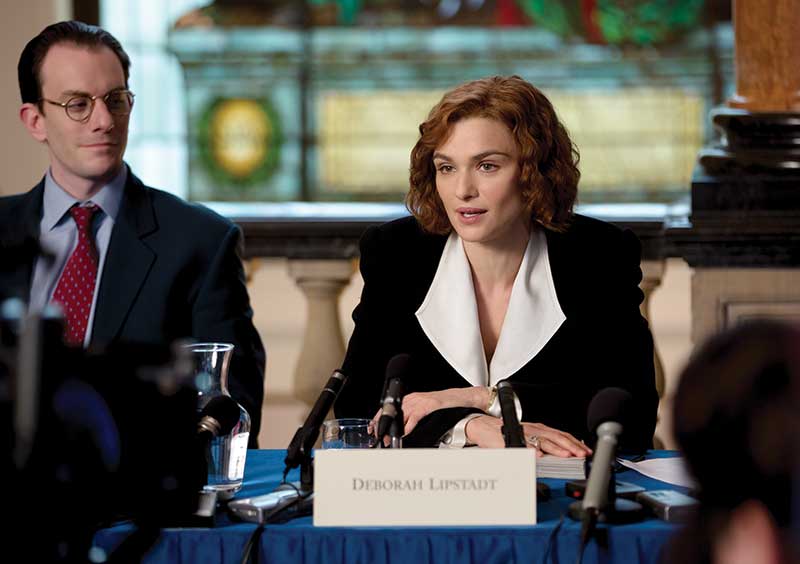
The ensuing eight-week trial of Lipstadt (and her publisher Penguin Books) in the year 2000 is the subject of the new film Denial. Based on her subsequent memoir History on Trial: My Day in Court with a Holocaust Denier, Denial shows how Lipstadt (convincingly played by Academy Award winner Rachel Weisz) defends herself from Irving (a creepy Timothy Spall) over the course of the trial. The film, which was written by David Hare and directed by Mick Jackson, relies for its dramatic punch on the unusual fact that in the British legal system—unlike the United States system—libel cases force the accused to prove their innocence. In order to show that Irving had denied the Holocaust’s occurrence for ideological reasons, Lipstadt and her legal team had to prove that the Holocaust actually occurred.
The absurdity of having to prove what is known to be true drives the cold-blooded strategy of Lipstadt’s lawyers, led by solicitor-scholar Anthony Julius (Andrew Scott) and barrister Richard Rampton (Tom Wilkinson), who don’t want to put her on the stand. A spirited and assertive scholar—Weisz gets her aggressive Queens diction just right—Lipstadt is unaccustomed to being silenced, but her lawyers insist that if she allows Irving to cross-examine her, the trial will become a referendum on her scholarship rather than Irving’s pseudo-scholarship. She is equally upset by her lawyers’ refusal to put Holocaust survivors on the witness stand—a demand dramatized in the film by an elderly female Holocaust survivor who attends the trial and pleads with Lipstadt to let her speak. When Julius shows Lipstadt a video clip of Irving mocking a survivor, she sees the wisdom of her team’s strategy, though she still doesn’t like it. Throughout the film, she is seen channeling her frustration by jogging through the streets of London.
The conflict between Lipstadt and her legal term dramatizes the deeper question of whether a rational or an emotional approach is better suited for coping with the Holocaust’s legacy. The rational approach is epitomized by barrister Rampton during a fact-finding visit to Auschwitz, when he brusquely tells Lipstadt that he is not there on a “pilgrimage” but is solely interested in “forensics.” When the historian emotionally voices her concerns about this seemingly unfeeling behavior, Julius bluntly tells her that a legal trial is not “therapy.” One notes the irony of a strong, articulate woman having to remain silent in order to win.
Although the film injects a degree of suspense about the verdict by showing the judge, Charles Gray, asking the defense whether Irving might actually believe his own lies, the outcome is not really in doubt. Lipstadt is shown nervously waiting (and, again, jogging) for several weeks as Gray writes his decision, but it is no plot spoiler to say that she is cleared of libel.
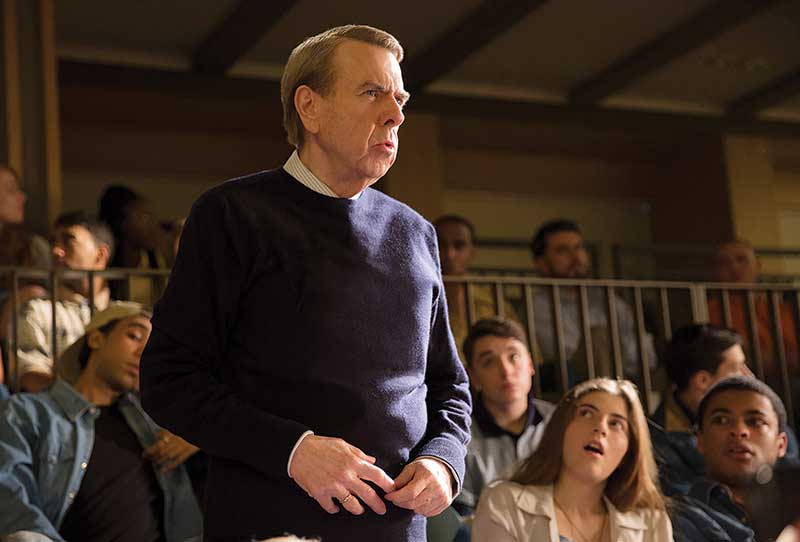
Denial is more than a slick courtroom drama about Holocaust denial; it is also a defense of objective truth against nihilistic relativism, a call to arms by the establishment against self-proclaimed outsiders who deny all sorts of truths. This becomes especially clear if one contrasts it with the most important previous film about Holocaust denial, Errol Morris’s quirky documentary Mr. Death. Released in 1999, Mr. Death probed the motives of the American gas chamber “specialist” Fred Leuchter, whose infamous 1988 “report” challenged the existence of Auschwitz’s gas chambers and helped inspire David Irving to become a full-fledged Holocaust denier. Whereas Mr. Death examined the factors that prompt eccentric outsiders like Leuchter into denying history, Denial wrestles with the challenges faced by the deniers’ opponents, the defenders of truth.
At the beginning of the movie, we see Irving deliberately hijacking one of Lipstadt’s university lectures by theatrically offering a thousand dollars to “anyone who can show me a document that proves the Holocaust.” As Denial goes on to demonstrate, complex historical events are neither proven nor disproven by a single document, but by the painstaking effort of historians to discover, accumulate, and interpret large masses of evidence.
No character exemplifies the importance of careful historical research better than Lipstadt’s primary defense witness Robert Jan van Pelt (played by Mark Gatiss, better known as Mycroft Holmes in the BBC series Sherlock). The newly released paperback version of Van Pelt’s definitive 2002 book The Case for Auschwitz: Evidence from the Irving Trial shows that the best defense against malicious efforts to doubt the obvious is exhaustive familiarity with sources coupled with simple logic. When Irving dismisses the importance of a rare Nazi document from January 29, 1943 that specifically refers to a “gas chamber” (Vergasungskeller) in Birkenau’s Crematorium II by claiming that it was merely a delousing chamber for corpses, Van Pelt points out the irrationality of gassing corpses already slated for immediate incineration. Van Pelt further exposes Leuchter’s flawed claim that the lower levels of hydrogen cyanide discovered in Crematorium II than in Birkenau’s delousing sheds (where clothing was also sanitized with Zyklon B) “proved” that no human beings had been gassed there. (In fact, it turns out that 20 times less hydrogen cyanide is needed to kill people than lice.) These are just two small examples from Van Pelt’s massive study, whose overwhelming empirical heft leaves no doubt about Auschwitz’s harrowing historicity.
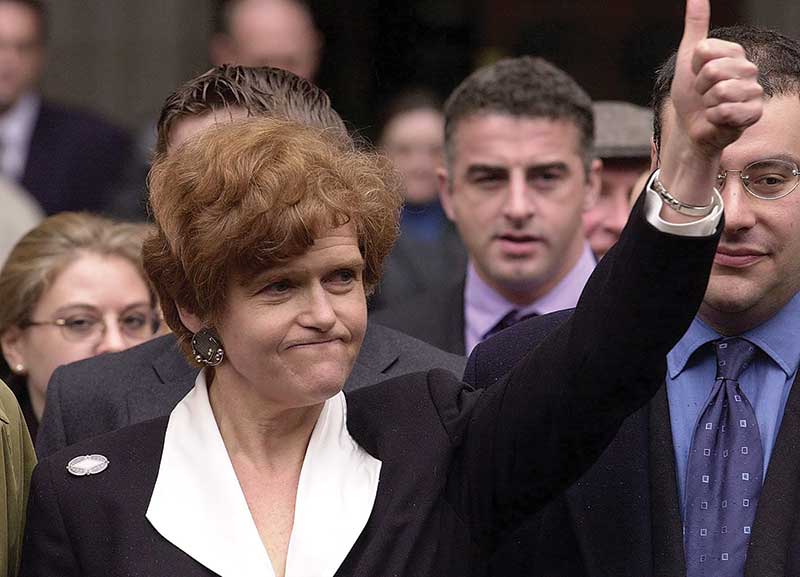
In an increasingly “post-fact” era, in which populist politicians and their enablers question objective reality, Denial indicts the corrosive effects of such cynicism. It portrays Irving as a self-described “outsider” who seeks to provoke an establishment whose acceptance he secretly craves. After Van Pelt describes how Nazis inserted Zyklon B crystals through four protruding openings in the roof of Crematorium II, Irving seizes on the defense team’s inability to locate these holes now. As he puts it, “No holes, no Holocaust!”—a phrase that ends up as a screaming tabloid headline the next day. (The holes were later discovered in the crematorium’s ruins.) At the film’s conclusion, Lipstadt insists that she is “not attacking free speech” but merely “defending it from people who abuse it.” “Not all opinions are equal,” she declares, adding that the Holocaust has lessons for other historical and contemporary issues. “The earth is round,” she asserts, “the ice caps are melting [. . .] and Elvis is not alive.”
Denial thus joins the growing chorus of opposition to the epistemological skepticism that came with postmodernism. As the prominent theorist Bruno Latour recently argued, the postmodern notion that “facts are made up, that there is no such thing as natural, unmediated, unbiased access to truth” has been exploited by “dangerous extremists [. . .] to destroy hard-won evidence.” As conspiracy theorists and others abuse the idea that facts are socially constructed, the time has arrived, Latour concluded, to get “closer to facts.”
This injunction is not, of course, a specifically Jewish one, but Denial shows the dangers of spurious skepticism by showing the continuing threat posed by the epitome of unreason: anti-Semitism. Not only is Irving driven by Jew-hatred, ordinary Britons are shown to be susceptible to it as well—a fact epitomized by a right-wing heckler in the film who verbally assaults Lipstadt as she makes her way into the court, yelling: “You think you’re safe? You’re not!”
Beyond defending reason and truth, Denial suggests that an effective response to hatred may be found in the unapologetic embrace of one’s own identity. Lipstadt is seen in the film quietly chanting the traditional funeral prayer El maleh rachamim together with Van Pelt on their visit to Auschwitz. In an even more revealing scene, she is horrified by the passive attitude of some British Jews towards anti-Semitism. When some guests at a dinner party organized to help support her defense suggest that she just settle with Irving, she rejects the request out of hand, calling it “appeasement.”
Although the world faces new dangers, Denial shows how an important victory over an age-old prejudice can inspire us to trust our convictions. At a time in which many activists justifiably want to speak truth to power, Denial shows the importance of lending power to truth.
Comments
You must log in to comment Log In
Suggested Reading
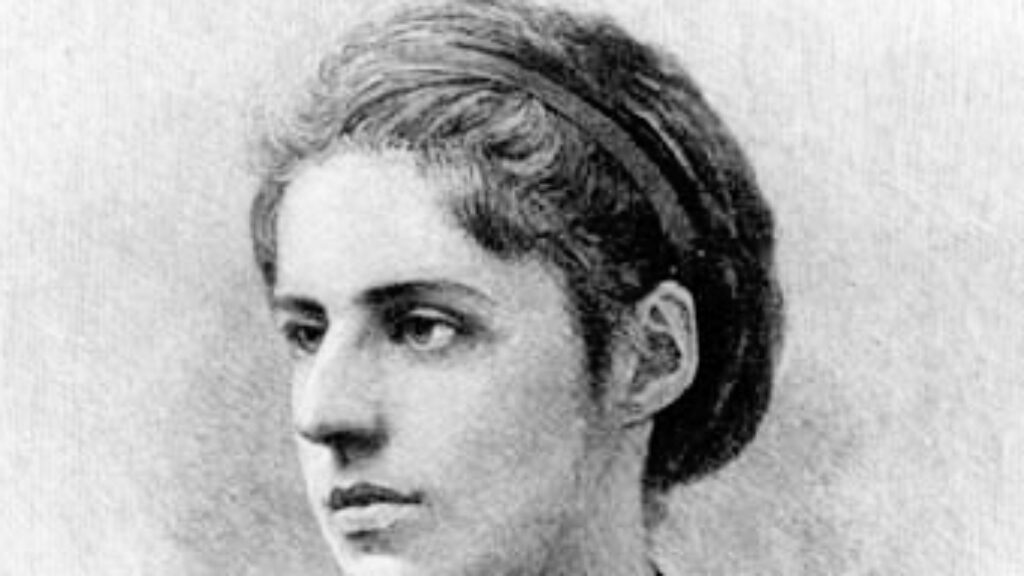
“When Orchards Burn Their Lamps of Fiery Gold”
Emma Lazarus’s 1882 poem for Rosh Hashanah responded to the crises of her day, foreshadowed “The New Colossus,” and resonates today.
A Tale of Two Stories
In their respective new books, Schama and Feiner attempt not to relate the whole history of the Jews during the period covered by their volumes but to tell their story—indeed, to a large extent, to let them tell their story in their own words, culled from their letters, diaries, and autobiographical works.
A Novel of Unbelief
Religion, faith, and the search for tenure at Harvard underpin a comic novel by Rebecca Newberger Goldstein.
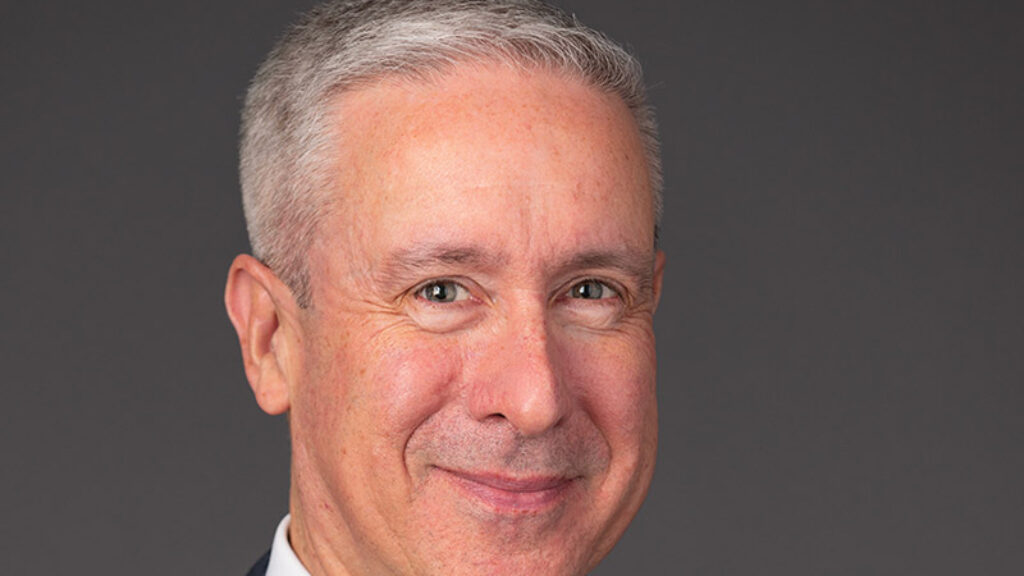
It’s the End of the World as We Know It
Can liberal Judaism survive and thrive in the digital age?
xhidden99
I was somewhat amazed to learn that Hollywood so much as made this film. We're they afraid that the aura of being in any want not psychotically anti Israel would stick to them? Or at the least given the Spielberg treatment a la "Munich" spending so much time 'humanizing' mass murderers who you're supposed to cheer for because they are such nice loving family men? No doubt no one's getting a holiday card from Obama, Hillary or Streisand this year.
janetsr
I think the author's exposition on the defense of truth also applies to the "psychotically anti-Israel" narrative (as well as in many other areas of our moral-equivalence dominated societal dialogue). It's worth several rereads. Thanks, Gavriel D. Rosenfeld!